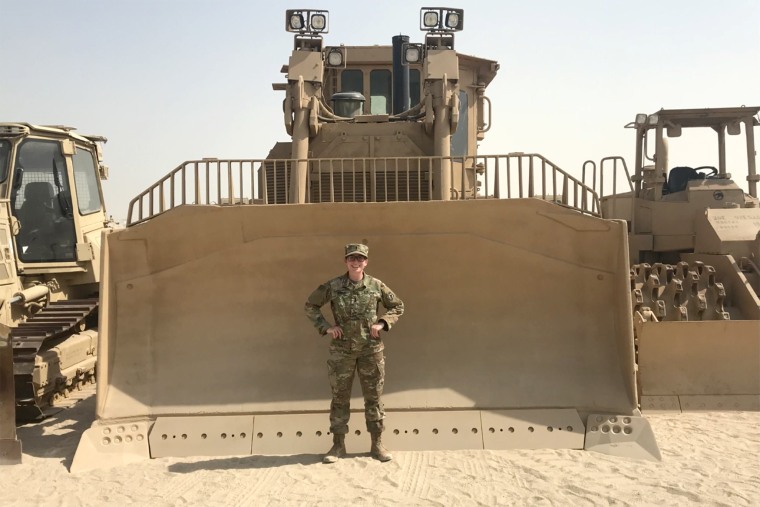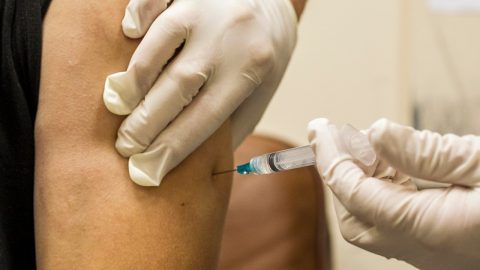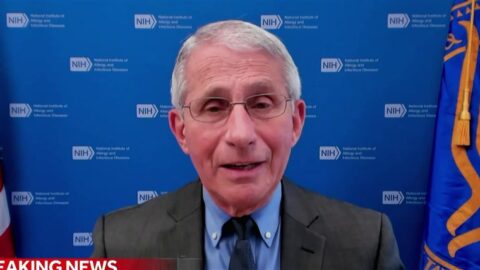After having flown helicopters and fixed-wing aircraft in the Marines for 11 years, Jacquelyne Nichols left active-duty service and joined the reserves in part to pursue a new mission: building a family.
But Nichols and her husband — who also served in the Marines — struggled to conceive when she returned home from deployment in Qatar in 2018, launching her on a yearslong fertility journey.
“I knew that I could potentially sacrifice my life, limbs and health,” she said. “But what I didn’t know was that I could potentially lose my fertility as a result of my service.”
Nichols, 41, is undergoing in vitro fertilization treatments and qualifies for the Department of Veterans Affairs to cover the costs, but at times getting it to pay for her benefits is “a fight. It’s basically a full-time job to make sure that I’m getting what I need.”
Nichols is part of a growing push for the VA and the Defense Department to expand the availability of fertility care to veterans and service members, who may experience rates of infertility three times higher than the general population. While some progress has been made, advocates say one of the biggest remaining barriers is the requirement that veterans and service members prove that their infertility is related to their service.
The VA said in a statement to NBC News that it is “constantly working to expand access to care” and is “committed to helping as many veterans as possible raise a family.”
The Pentagon and the VA have covered fertility care for years — but the rules have limited which service members and veterans are eligible.
Last year, the National Organization for Women-New York City filed a federal lawsuit against the two agencies, alleging that they were “restricting access to fertility treatment on the basis of discriminatory and arbitrary markers” for veterans and service members struggling to build their families.
After the suit was filed, the Pentagon and the VA expanded access to IVF benefits for eligible service members and veterans who are unmarried or in same-sex couples.
But IVF is still available only for people who can prove their infertility was caused by their service, such as women who suffered injuries to their reproductive organs in combat or the partners of men who take medication for post-traumatic stress order that lowers sperm count.
Renée Mihail — an Army veteran — works with the Yale Veterans Legal Services Clinic, which is representing the plaintiffs in the suit. She applauded the agencies for ending their bans on treatment for those who are single or in same-sex couples. But, she said, the main barrier to accessing care still remains: proving that infertility is service-connected.

While it is hard to scientifically prove that infertility is linked to service, “many service members are exposed to toxic chemicals or physical or environmental hazards that impair their ability to have children,” Mihail said.
“I served with so many people who seemed to be struggling with fertility,” she said, “whether that was a result of the fact that they delayed family building in order to pursue their careers or for medical reasons that they didn’t necessarily know or understand. And it felt to me as if it was not just a coincidence.”
Infertility in the military is understudied. But in a 2018 survey, 37% of active-duty women said they struggled with infertility, a rate that is three times the national average.
Nichols said she isn’t surprised by the survey, adding that “as an aviator, a lot of it has to do with radiation exposure … flying at high altitudes. All of these things can have a negative impact on our fertility, and not just women — men, too. We don’t even know the full extent of this problem.”
Sen. Tammy Duckworth, D-Ill., an Iraq War veteran who lost her legs in combat, said it might take decades to find a direct link. But she said military infertility is much like Agent Orange — it took the VA decades to recognize that military exposure to Agent Orange, an herbicide the U.S. military dropped by the ton on jungles during the Vietnam War, is most likely linked to certain cancers.
Duckworth is pushing Congress to do something now, having introduced legislation to expand access and coverage of fertility benefits for service members and veterans, but Republicans have objected to the undefined cost of the bill.
Duckworth, who used IVF to conceive both of her children, said: “I went through almost 10 years of fertility struggle. And in that process, I learned that my infertility is likely linked to my military service. The people who defend us and protect the Constitution deserve to be able to start their families, as well, and have their American dream. And I would hate to be the one to tell a soldier, ‘Sorry, thank you for your service, but you don’t get to be a dad.’”
Meanwhile, the National Organization for Women-New York City lawsuit against the Pentagon and the VA is ongoing. Oral arguments over the government’s motion to dismiss it will be held later this month in federal court in New York.
Both departments told NBC News that they don’t comment on pending litigation.









Recent Comments